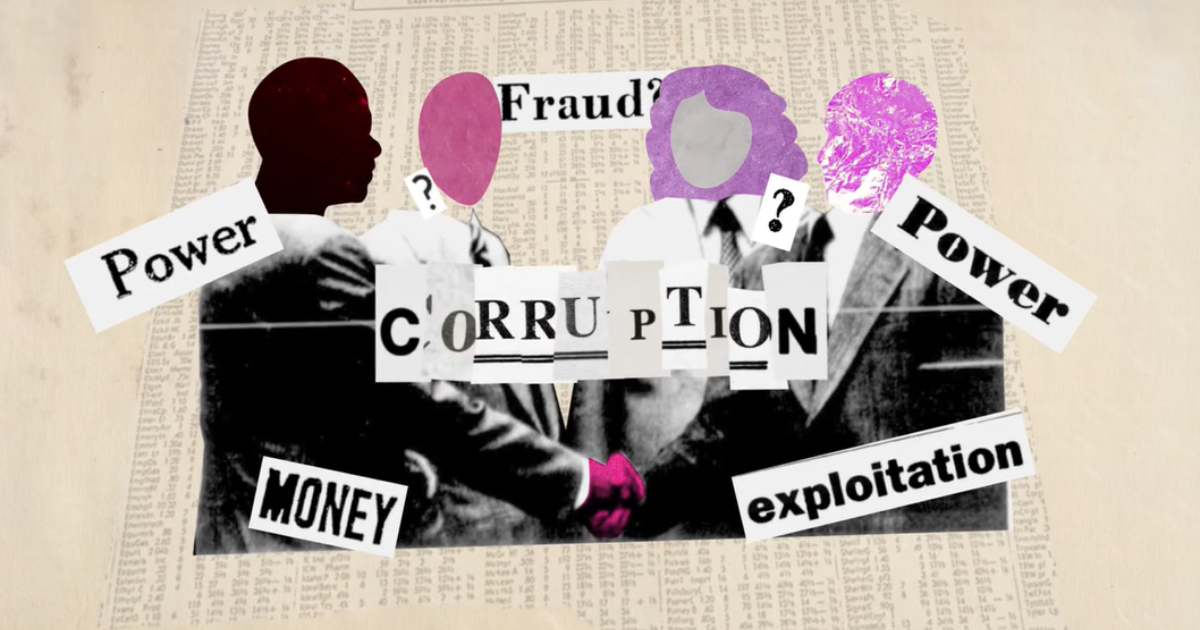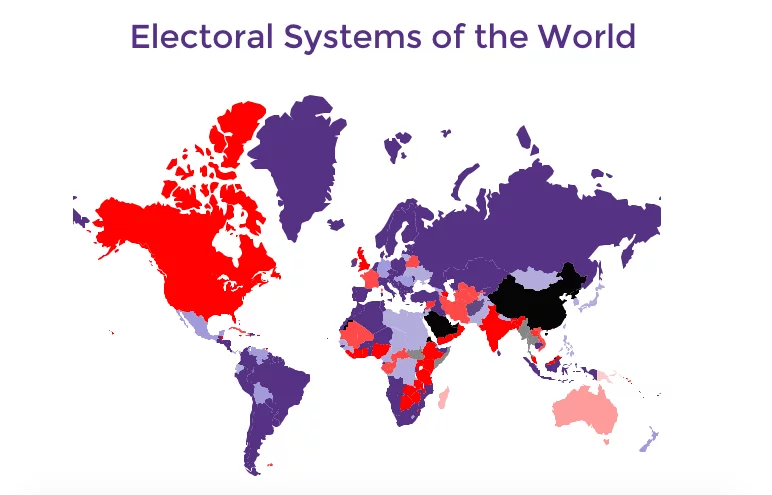Political Corruption Impact on Trust
Explore the impact of political corruption on democratic institutions and public trust. Gain insights into corruption's effects. Political Corruption Impact on Trust.

The Erosion of Democracy: Exploring the Impact of Political Corruption on Democratic Institutions and Public Trust
Political corruption, a pervasive issue in democracies worldwide, poses a substantial threat to the very foundations of democratic institutions and public trust. Corruption can take many forms, from bribery and embezzlement to cronyism and nepotism. In this in-depth analysis, we will delve into the multifaceted impact of political corruption on democratic institutions and the erosion of public trust.
Part 1: The Undermining of Democratic Institutions
Impairment of the Rule of Law Political corruption often leads to a weakening of the rule of law, as powerful individuals or groups manipulate the legal system for their personal gain. This erosion of the rule of law undermines the fundamental principles upon which democratic institutions are built, as citizens lose faith in the impartiality of the justice system.
Weakening of Accountability Mechanisms Corruption can infect all branches of government, hindering the effectiveness of checks and balances. When those responsible for oversight and accountability are themselves corrupt, it becomes challenging to hold wrongdoers accountable, perpetuating a culture of impunity.
Erosion of Democratic Norms A culture of corruption can normalize unethical behavior within democratic institutions. This normalization erodes democratic norms and values, making it increasingly difficult for citizens to distinguish between honest governance and corrupt practices.
Part 2: The Destructive Impact on Public Trust
Loss of Confidence in Government As corruption scandals come to light, public trust in the government erodes. When citizens perceive their elected officials as corrupt, they are less likely to believe that their interests are being represented, leading to political disillusionment.
Negative Perception of Democracy Widespread corruption can lead citizens to question the efficacy of democracy itself. When democratic institutions are perceived as breeding grounds for corruption, people may become more open to alternative forms of governance, such as authoritarianism or populism.
Social and Economic Consequences The economic impact of political corruption is substantial. Funds that could have been invested in public services, infrastructure, or poverty alleviation are siphoned off through corrupt practices. As a result, citizens may experience lower living standards, reduced access to education and healthcare, and increased poverty.
Part 3: The Vicious Cycle
Corruption Breeds More Corruption Political corruption tends to perpetuate itself. When corrupt practices go unpunished, it emboldens those in power to engage in even more corrupt behavior. This cycle further erodes trust in democratic institutions.
Diminished Civic Participation As public trust in government declines, civic engagement often wanes. Citizens are less likely to participate in elections, join political organizations, or engage in community initiatives, further weakening the democratic fabric.
?Challenges to Sustainable Development Political corruption hampers sustainable development by diverting resources away from essential public services and infrastructure projects. This, in turn, exacerbates social inequalities, creating a breeding ground for further corruption.
Part 4: Strategies to Combat Political Corruption
?Legal Reforms and Stronger Institutions One crucial step in combating political corruption is enacting and enforcing robust legal frameworks that hold corrupt individuals accountable. This includes establishing independent anti-corruption agencies and empowering them to investigate and prosecute corruption cases without political interference. Strengthening the judiciary's independence is also vital for ensuring that the rule of law prevails.
?Transparency and Accountability Transparency is an antidote to corruption. Governments should promote transparency by disclosing information about public expenditures, contracts, and the assets of public officials. Open data initiatives and accessible platforms for citizens to monitor government activities can empower civil society to hold politicians and bureaucrats accountable.
?Whistleblower Protection Encouraging and protecting whistleblowers is essential in the fight against political corruption. Whistleblowers often play a crucial role in exposing corrupt practices, but they also face significant personal risks. Strong legal protections and support mechanisms for whistleblowers can help uncover corruption and deter future wrongdoing.
?Strengthening Civil Society A vibrant civil society can act as a watchdog against political corruption. Non-governmental organizations, media outlets, and community-based groups can play a critical role in monitoring government actions, advocating for transparency, and educating the public about the detrimental effects of corruption.
. International Cooperation Corruption often transcends national borders. International collaboration, through organizations like the United Nations and Interpol, can help combat transnational corruption by coordinating efforts to track and recover stolen assets, investigate cross-border bribery, and establish global standards for anti-corruption measures.
Part 5: Rebuilding Public Trust
Promoting Civic Education Educating citizens about the importance of democratic values, the rule of law, and the role of institutions in ensuring accountability is crucial. Civic education programs can empower individuals to engage actively in the political process and become informed advocates for transparency and ethical governance.
Restoring Faith in Democratic Institutions To rebuild public trust, democratic institutions must demonstrate their commitment to transparency and accountability. This may involve purging corrupt officials, implementing reforms, and actively engaging with citizens to address their concerns and regain their trust.
Fostering a Culture of Integrity Promoting a culture of integrity within both the public and private sectors is essential. Ethical leadership, codes of conduct, and anti-corruption training can help deter corruption at all levels of society.
Holding Leaders Accountable Voters play a crucial role in holding their leaders accountable. They must demand ethical behavior from their elected officials and exercise their right to vote responsibly. Elections should be free and fair, allowing for a peaceful transition of power and providing citizens with a means to express their dissatisfaction with corrupt leadership.
Political corruption remains a pervasive and destructive force in democracies around the world. Its impact on democratic institutions and public trust cannot be overstated. However, with a concerted effort to implement legal reforms, enhance transparency and accountability, strengthen civil society, and promote civic education, it is possible to combat corruption and rebuild public trust in democratic governance.
The battle against political corruption is an ongoing struggle, requiring the commitment of governments, civil society, and individuals alike. Only by working together can we protect the principles of democracy, ensure the rule of law, and restore faith in the institutions that are meant to serve and represent the interests of the people. Ultimately, the fight against political corruption is not just a matter of policy but a moral imperative for the preservation of democratic values and the well-being of society as a whole.
What's Your Reaction?















